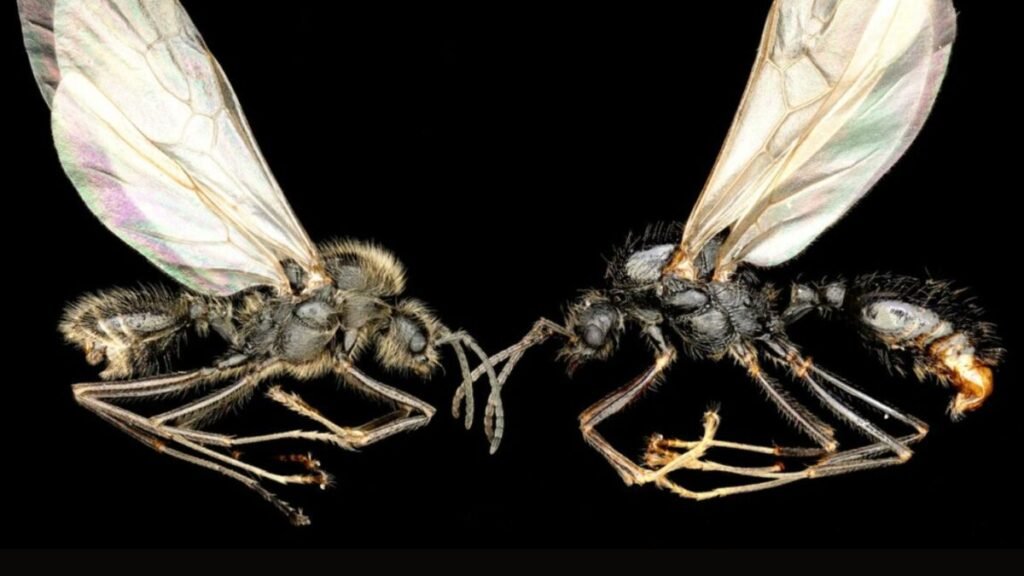The ant that clones another species: a discovery that baffles biology

Evolutionary biology has recently recorded an extraordinary phenomenon: a species of European ant is capable of producing genetic copies of males from another species, ensuring the survival of its colony. The discovery, described in Nature and observed in Sicily, shows a unique mechanism of cloning and sexual parasitism that puzzles experts. This reproductive system breaks with classical patterns and redefines the relationship between two species separated by millions of years.
### A unique phenomenon in Sicily
In the Italian island, scientists found colonies of M. ibericus containing hybrid workers, even though there were no natural colonies of M. structor in the area. The mystery was solved by verifying that M. ibericus queens lay eggs that retain the nuclear DNA of M. structor, thus generating cloned males that perpetuate the production of mixed workers.
Living organisms are assumed to produce same-species offspring. A study in Nature reports a shift from this norm in Messor ibericus, an ant that lays individuals from two distinct species.
### Genetic domestication among ants
Jonathan Romiguier, from [institution], stated that “M. ibericus has domesticated the genome of M. structor.” This process allows one species to genetically “exploit” another and maintain an efficient workforce. The astonishing fact is that both species have been separated for more than five million years, an evolutionary gap equivalent to that which separates humans and chimpanzees.
### The dilemma of hybrid DNA
The clones have a genetic peculiarity: they possess nuclear DNA from M. structor but mitochondrial DNA from M. ibericus. This combination [mention consequences]. When researchers introduced clones into natural colonies of M. structor, they were eliminated as intruders due to being recognized by their pheromones. The finding resembles the ancient symbiosis between bacteria and primitive cells that led to [mention outcome], although with a less stable outcome.
Messor ibericus, the only German Messor. They are particularly abundant in and near the city of Mainz. This picture was taken near the campus of [institution].
### A strategy with clear limits
The reproductive system of these ants, described by Jacobus Boomsma as “a fantastic and strange story,” shows both genius and fragility. Although it ensures hybrid workers, the chemical incompatibility of cloned males with the original colonies of M. structor limits their success to specific contexts. Claudie Doums, a co-author of the study, emphasizes that nature demonstrates an infinite capacity for reproductive innovation here, although not necessarily sustainable in the long term.
### A discovery that redefines evolution
The discovery expands the horizons of [field] by showing that even basic rules such as reproduction can be broken. More than a curiosity, it is a case of “genetic parasitism” that raises questions about the unexpected forms life can adopt to persist. In the words of Romiguier: “Nature never ceases to amaze us with mechanisms that seemed impossible.”
Source: [source]






